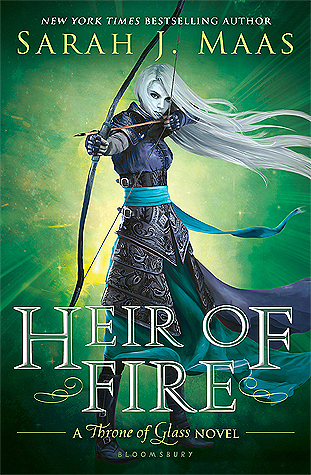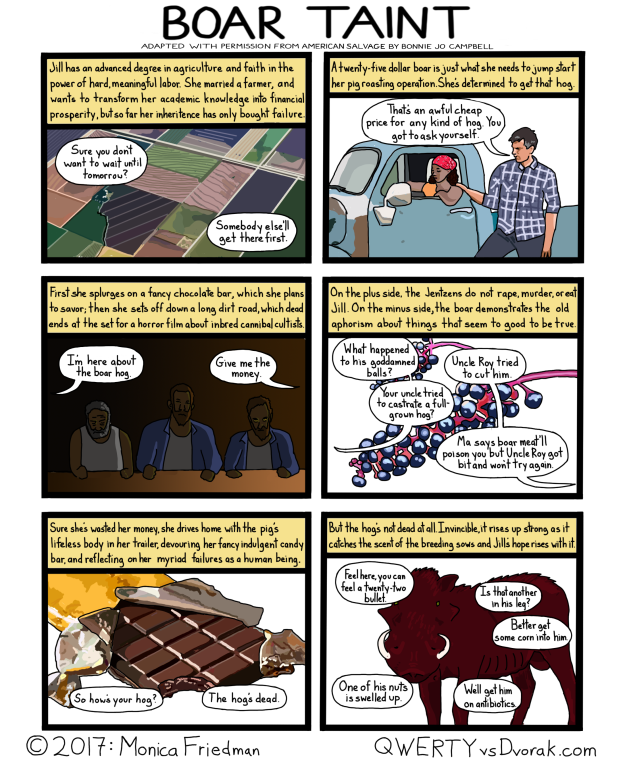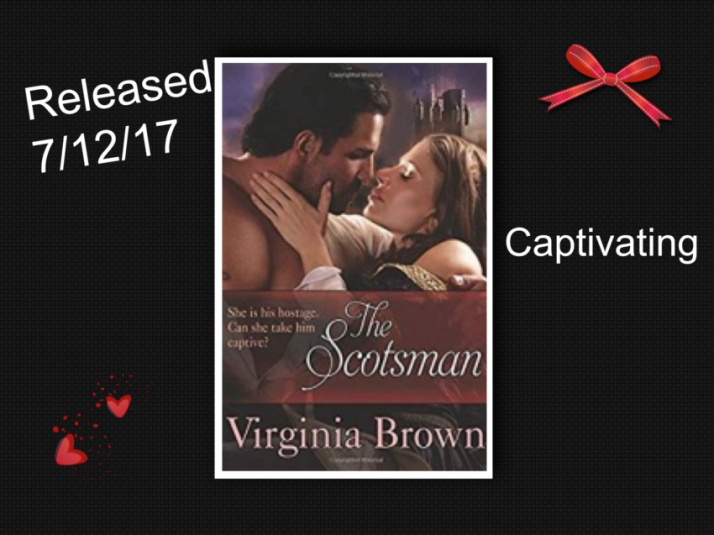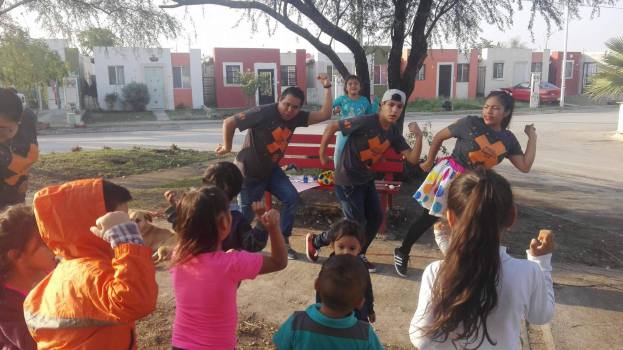‘As always with superheroes, the plot involves saving the world, which suggests that the film is nothing but fun, at best, and utterly lacking in significance. Not at all. Wonder Woman is a lot more important than you might think.’
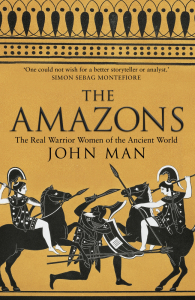
As you may have guessed already, the above quotation refers to the 2017 Wonder Woman movie. However, Amazons is not a new fantasy novel. John Man’s recent work of historical non-fiction traces the origins of the ancient Amazon myth. He explains how the stories have been distorted over the centuries, and used often in a derogatory manner to describe women who have dared to challenge the patriarchal image of what a woman should be.
‘How real is the past? It exists in objects that endure, in the present consequences produced by past events, in evidence like writing and …. the memory of others.’
Amazons weaves legend with history, both ancient and modern, a bit of socio-cultural anthropology, and quite a lot of feminism. Man begins his study in the Greece of Herodotus, around 2,500 years ago. Like the story of Troy, of Hector and Achilles, of Theseus and the Minotaur, the tales of a race of warlike women, who killed all their men and cut off their right breasts, were widely believed. But did the tales have any basis in fact? Studies of the ancient peoples of Asia and archeological digs have shown that, in some cultures, military duties were – at the very least – shared between the sexes. The book introduces us to the Scythians and the Sarmatians, both of these societies that left behind graves which show us that fighting women were far from being a myth.
‘Imagine a grandmother muttering the Scythian equivalent of: “Kids today don’t know how lucky they are. When I was their age, I was lifting wagon wheels all day and cauldrons of kumiss all night. Then it was horseback archery and sword practice. How I had time to get pregnant I’ll never know.” ‘
Next, John Man tells us how the Amazon legends were spread to the ‘New World’ by Spanish and Portuguese conquerors, and provides us with (perhaps) surprising connections between the ancient past and the naming of places in the Americas. He writes of modern horse archery, and how this relatively new sport attracts a high proportion of women and also puts them on an equal footing with men.
‘No, there was never anywhere a nation of Amazons. But there was once a regiment of women warriors, some 6,000 0f them. For 150 years they served the king of the West African state of Dahomey.’
The latter half of the book concentrates on some examples of important groups of fighting women and the roles they have played in the warfare of the the past two hundred years. Beginning with the women warriors of Dahomey, the author moves on to the work of Marina Raskova, who trained three regiments of female Russian pilots during World War II.
‘When the Germans learned from Russian broadcasts that their tormentors were women, they started to refer to them as the Nachthexen, the Night Witches.’
John Man talks a lot about feminism, the struggle of the Suffragettes, about women Kurdish fighters, and the structure of today’s armies. He concludes with a look at how the Amazon legend has migrated since the 1930s into the pop culture of comics and movies.

I have read several of John Man’s books before. For example, he has written excellent biographies of Genghis Khan and Kublai Khan. He takes an historian’s approach to his work, factual and detailed, though he focuses too on legend when it is relevant to the story he is telling. And he can tell a good story. Amazons, published since the release of the Wonder Woman film, ticks all the right non-fiction boxes.
*****
Advertisements Share this:
- Share
